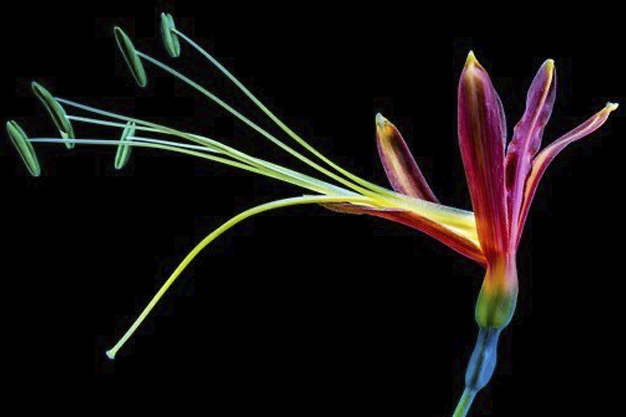Incomindios
The Swiss human rights organization Incomindios has campaigned for the rights of the indigenous peoples worldwide. With a special focus on North, Central and South America. Since 2003, Incomindios has been adviser to the UNO (ECOSOC).
Public Eye
Look instead of looking away! Public Eye takes action where business and politics put human rights at risk. With courageous research, sharp analyses and strong campaigns, we work together with 28,000 members for a Switzerland that acts responsibly worldwide. Because global justice starts with us.
Shanay Timpishka
A Ecolodge situated at the shore of the hot river in the Amazonian Rainforest. The family Impicciatori has been taken care of the 120 hectares of the land along the boiling river.
The Ashanika called this river ‹Mayantuyacu› and it was a land with medicinal plants and the holy river.
The initiative demands that subsidies to agriculture be paid only for farming practices that do not endanger health and the environment and do not pollute drinking water.
The Yanomami live in the rainforest and mountains of northern Brazil and southern Venezuela. They are the largest, relatively isolated indigenous people in South America. Davi Kopenawa, Yanomami indigenous leader, gained international prominence for his fight to protect the Amazon since the 1980s. He achieved that an area twice the size of Switzerland was officially recognized in Rio de Janeiro in 1992. Now, some 20,000 illegal gold panners, encouraged by the irresponsible policies of the Brazilian government, threaten their habitat.
DGR is a radical environmental movement dedicated to stopping the murder of the planet. Their allegiance is to the land. They reject false technological “solutions” and recognize that industrial civilization is incompatible with life on this planet.
A global reforestation movement, based on collaboration with Indigenous people, who naturally take care of their lands.
ADES manufactures energy-efficient cooking appliances in Madagascar and promotes the use of renewable energy. With the use of solar and energy-saving stoves, large amounts of wood and charcoal can be saved.
Arhuacos from the Sierra Nevada of Santa Marta Colombia
Their main mission of the Aruhaco is to keep the balance of the spiritual forces that sustain life in the planet.A balance that humans disrupt basically because of having lost the memory of ancestral wisdom that kept us connected to Life. They preform this work by ‹pagamentos› (offerings) which they perform in the different points of their lands.
